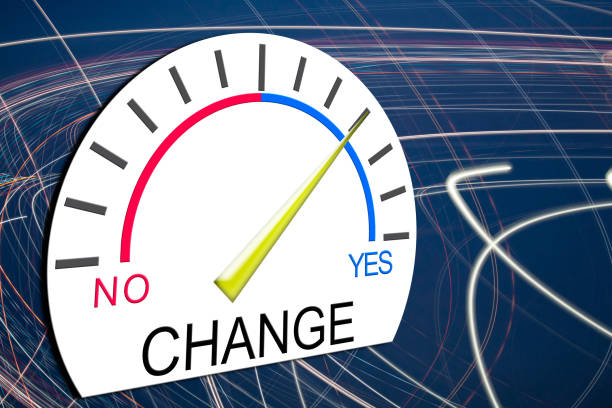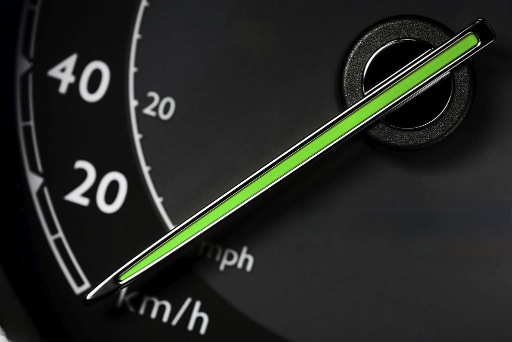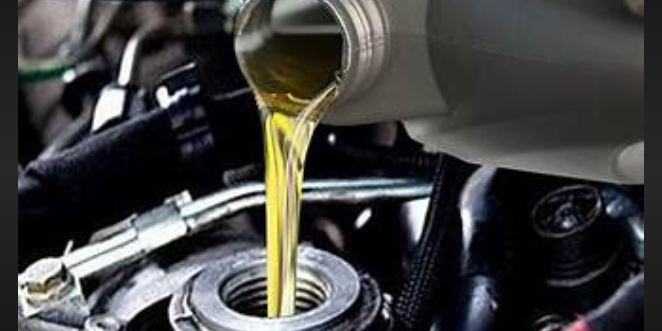Regular maintenance is crucial for keeping your car running smoothly, and one of the most important aspects is ensuring your engine oil is clean and at the right level. Engine oil acts as a lubricant, reducing friction among moving parts, cooling the engine, and ensuring optimal performance. However, over time, oil degrades and becomes less effective, necessitating timely changes. Here are five signs that indicate your car may need an oil change:
1. Dark, Dirty Oil Checking your engine oil regularly is essential. Dip the oil dipstick and inspect the oil’s color and consistency. Fresh oil typically has an amber hue and a smooth, slippery texture. If the oil appears dark and gritty, it’s likely dirty and due for a change. Dirty oil loses its lubricating properties, leading to increased friction and potential engine damage.
2. Engine Noise and Knocking SoundsOld or insufficient oil can result in increased engine noise. When the oil becomes thin or contaminated, it fails to provide adequate lubrication, causing metal components to rub against each other. This friction generates unusual sounds like knocking or ticking from the engine. Ignoring these sounds could lead to severe engine problems.
3. Decreased Oil Level: A sudden drop in the oil level could indicate a leak or excessive oil consumption by the engine. Check the oil dipstick regularly to ensure the oil level is within the recommended range. If you notice a significant decrease, it’s crucial to investigate the cause and refill the oil promptly to prevent engine damage due to insufficient lubrication.

4. Exhaust smoke: Observing smoke coming from the exhaust could signal oil-related issues. Blue or gray smoke indicates that oil is burning within the engine. This can result from oil leaks into the combustion chamber or worn-out piston rings allowing oil to enter the cylinders. Addressing this promptly can prevent further engine damage.
5. Dashboard Warning Lights Modern cars come equipped with warning lights that indicate potential problems, including low oil pressure or an oil change reminder. If the oil pressure warning light illuminates or if there’s an oil change alert on the dashboard, it’s crucial to address it promptly. Low oil pressure can lead to engine damage, so it’s best not to ignore these indicators.
6. Loud Engine Noise Inadequate lubrication due to old or insufficient engine oil can result in louder engine noise than usual. The engine components may start producing knocking or rumbling sounds due to increased friction. This occurs when the oil loses its viscosity and cannot properly coat and cushion the moving parts within the engine. If you notice unusual or excessively loud noises coming from the engine, it could be a sign of insufficient or deteriorated engine oil.
7. Decreased Oil Level: Regularly checking the oil level in your car is crucial. A sudden drop in the oil level indicated on the dipstick could signal a leak or excessive oil consumption by the engine. If you consistently find that the oil level is lower than normal between oil changes, it’s essential to address the issue promptly. Low oil levels can lead to inadequate lubrication, causing potential damage to the engine components.

8. Check the engine light. The check engine or oil change light illuminating on your dashboard is a clear indicator that your car needs attention. This light can be set off by different variables, including low oil pressure, debased motor oil, or other motor-related issues. Ignoring this warning light could lead to severe engine damage. When the light comes on, it’s advisable to check the oil level and quality and schedule an oil change if necessary.







